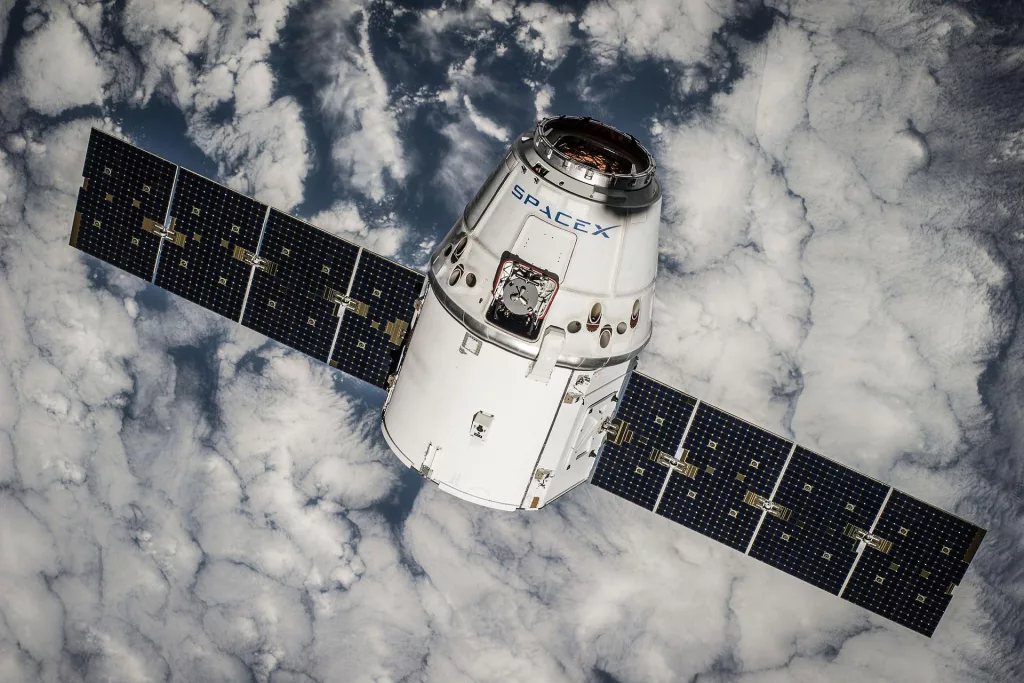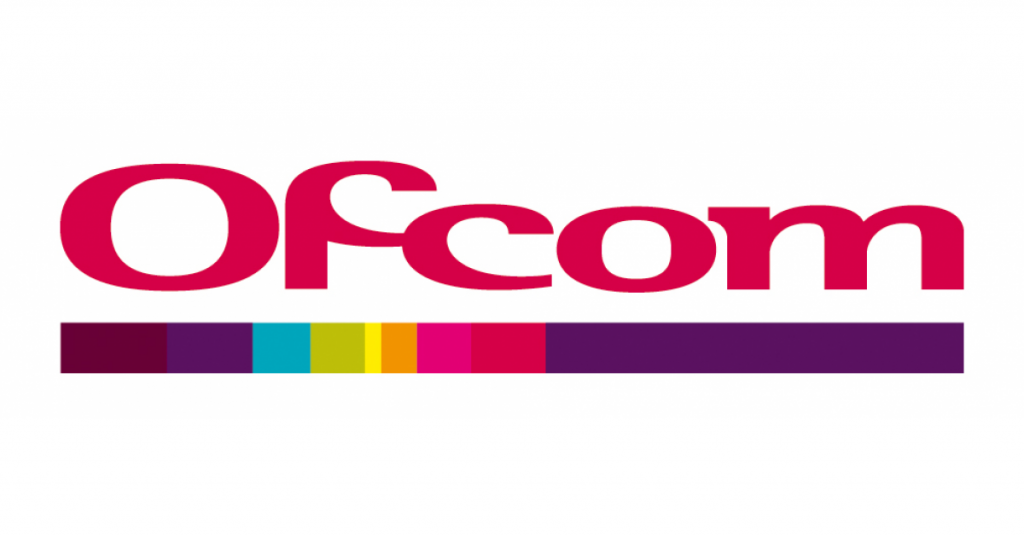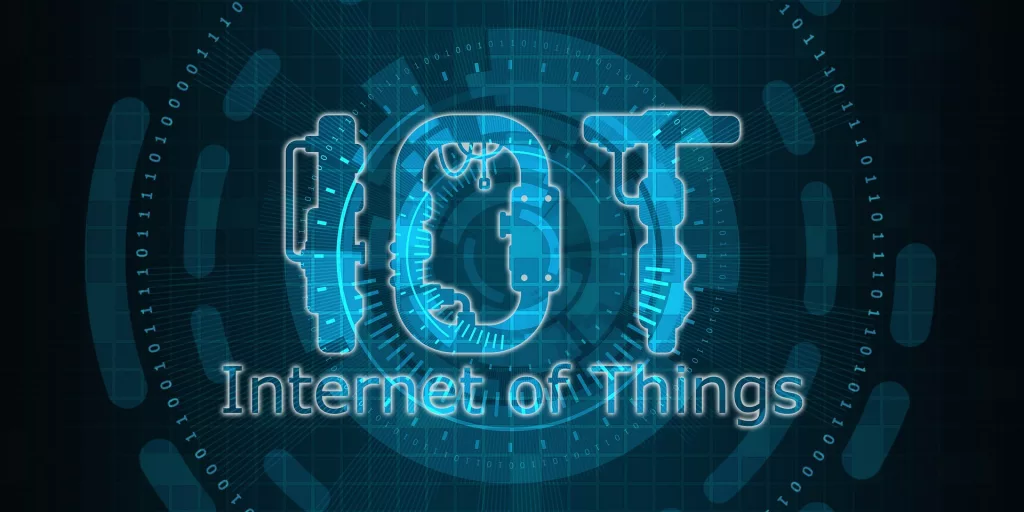The key communications segments of IoT and multi-cloud connectivity have seen important developments, business technology journalist Antony Savvas takes a look.
IoT strategies
At VanillaPlus, we like to cover evolving ecosystems in the world of IoT. Telenor IoT and Verizon Business are now partnering to provide enterprise customers with global IoT connectivity.

The initial focus of the partnership is to expand the eSIM-based network service footprint of both companies across Europe, Asia, and North America.
Verizon’s customers will tap into Telenor’s network services and management in Europe and APAC. Telenor’s customers will access Verizon’s US network. The alliance also aims to deliver new solutions and enhanced growth opportunities for businesses.
“The move towards global IoT reflects the reality of doing business in the massive IoT era,” says Debika Bhattacharya, chief product officer for Verizon Business. “The number of IoT devices is expanding rapidly and fleets are fanning outward, so our customers need flexible, reliable connectivity that moves across borders.”
Mats Lundquist, CEO of Telenor Connexion and head of Telenor IoT, concurred: “The US is a key market for many of our global customers. Together with Verizon we can streamline our customers’ solutions and supply chains, while enabling even more reliable access to the US market.”
Tearing out throats

Such connectivity is required by enterprises now, and they cannot wait for the outcome of different communications service providers (CSPs) tearing each other’s throats out to be first to deliver genuine global footprints. It’s better for CSPs to get along and share connectivity reach, as technologies such as 5G enable IoT networks in an uneven way, depending on what geographic market and industry vertical you are looking at.
Telcos in this space are also facing competition from different directions when it comes to IoT delivery too.
Sateliot, for instance, is creating a satellite constellation offering standard 5G IoT connectivity from space. It has just joined the ETHER project, which is backed by the European Commission. ETHER aims to eventually offer services to over 25 million European citizens in rural areas.

Sateliot will provide ETHER with its nanosatellite (small satellite) constellation, setting a base for standardisation and interoperability between its network in space and the network on the ground, through the implementation of a unified radio access network (RAN).
This framework will also be used as a “baseline for the future of telecoms”, benefiting rural, unconnected areas all over the world, says Sateliot, as it is estimated that 15% of the earth doesn’t have cellular connectivity. Industries such as agriculture, logistics, maritime transportation, and others, are set to benefit.
Cloud openness?
Recent market research from UK communications regulator Ofcom found that some cloud provider features and practices make it more difficult for customers to switch between or use multiple cloud suppliers. Amazon’s and Microsoft’s dominant positions in the cloud industry were called out by the regulator, which may now lead to the UK Competition and Markets Authority (CMA) taking action on perceived unfair practices.
However, one international cloud services distributor is against any action being taken against the leading cloud pair.

Mark Appleton, chief customer officer at ALSO Cloud UK, says: “It is clear that both Microsoft and Amazon continue to demonstrate their commitment to maintaining a high level of competitiveness in the UK cloud industry, and beyond, and to ensuring that cloud technologies continue to have a transformative influence on the economy of the UK.”
Amazon Web Services (AWS) and Microsoft have already publicly opposed plans to refer the UK cloud market to the CMA. They are no doubt fearful regulators in other markets may well take a look at their operations elsewhere too.
Right for them
“Customers can choose between various providers to meet their needs. In order to provide customers with the choice between different technologies, AWS and Microsoft have designed their cloud services to allow them to build the solution that is right for them based on the technology of their choice,” maintained ALSO’s Appleton.

He warned: “Due to the rapid evolution and highly dynamic nature of cloud technology, any intervention could be negative and result in poor outcomes for businesses and the public sector.
“Suppose, for instance, customers were denied discounts or innovation due to interoperability requirements prioritising portability over innovation and differentiated value-added services?”
Data movement
Others doing well out of partnerships with the big cloud providers include Fivetran.
Data movement and management firm Fivetran has now expanded to over 25 cloud regions globally, and has just opened a new office in Novi Sad, Serbia, to better serve the data compliance needs of enterprises and service providers.
Fivetran supports customers using Google Cloud Platform (GCP), Amazon Web Services and Microsoft Azure. In the past 12 months, Fivetran has launched nine new cloud regions across Europe, North America and Asia. It has also recently opened a new office in Toronto, Canada, and now has ten offices worldwide.
“We are able to help global enterprises address strict data residency and sovereignty requirements stemming from EU GDPR (General Data Protection Regulation) and rapidly evolving data privacy regulations around the world,” says Amy Peterson, senior group product manager at Oakland, California-headquartered Fivetran.

Okta provides cloud-based identity and access management (IAM) to companies and service providers. “Our data strategy presents an opportunity to bolster product features, enhance security posture, and improve the customer experience,” says Anoop Lalla, VP of data and insights at Okta.
“By partnering with Fivetran, we can provide complete data visibility at scale, allowing us to meet performance and governance requirements we encounter while delivering a frictionless, secure, and seamless experience for our customers.”
It’s easy for many to attack Big Tech, but if some are happy to put their head above the parapet to defend it through demonstrating its usefulness, then so be it.
The author is Antony Savvas, a global freelance business technology journalist.
Comment on this article below or via Twitter: @VanillaPlus OR @jcvplus






